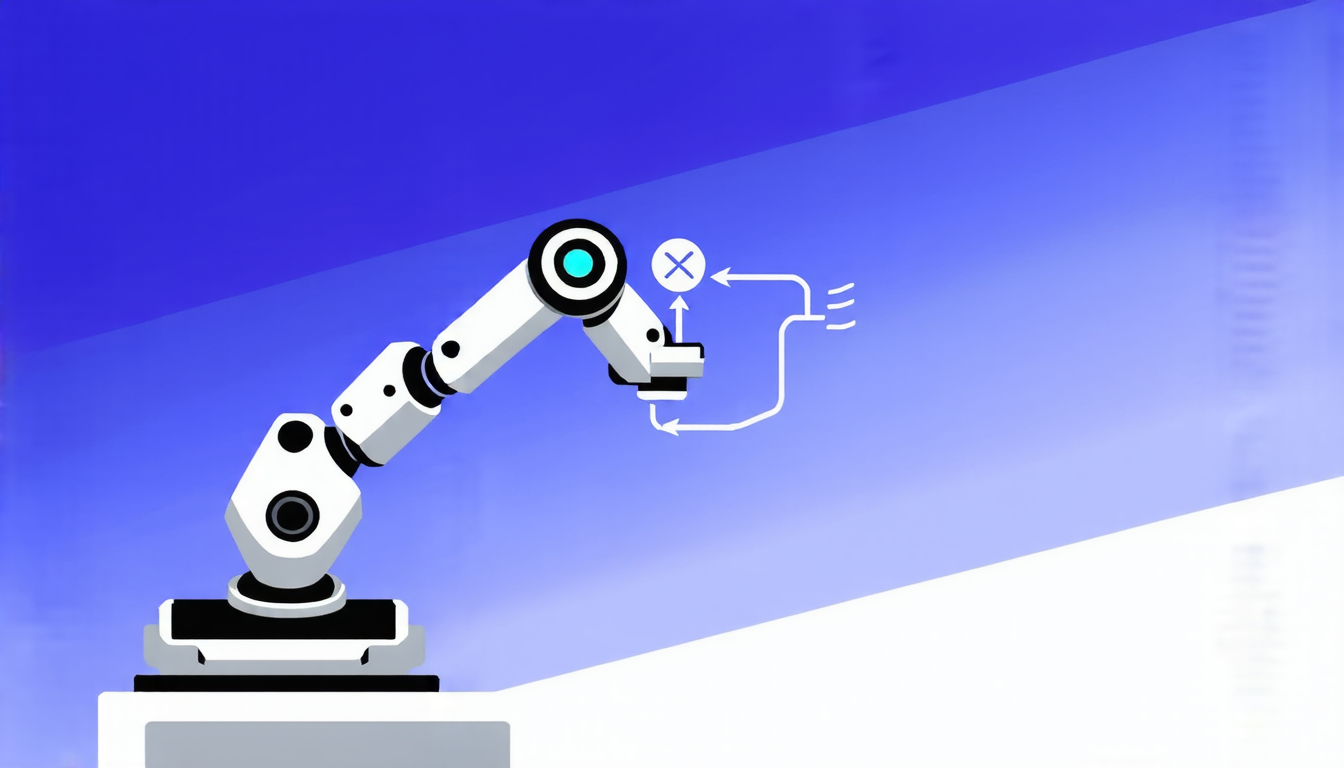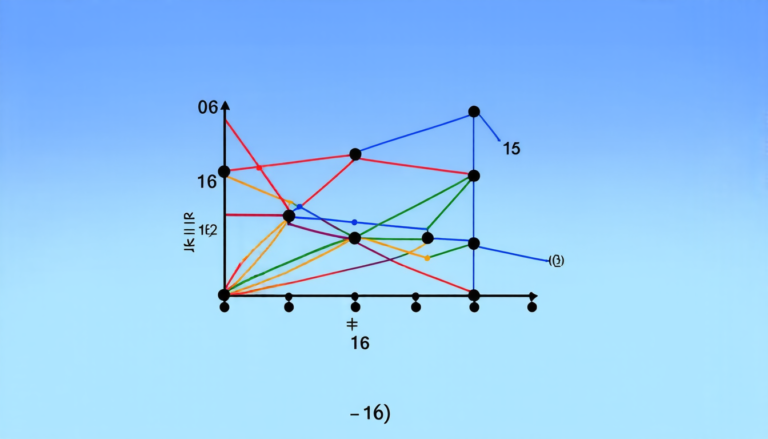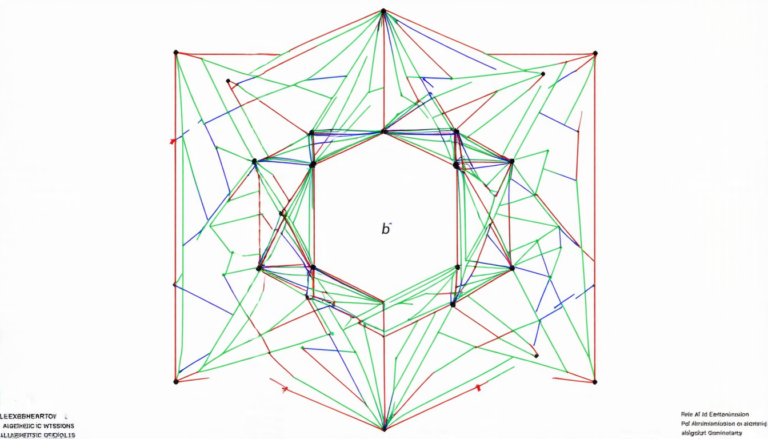Monday 07 April 2025
A team of researchers has made a significant breakthrough in understanding how complex systems can be controlled, opening up new possibilities for fields like robotics and artificial intelligence.
The study focuses on control-affine systems, which are mathematical models used to describe complex behaviors in things like neural networks, mechanical systems, and electrical circuits. In these systems, small changes in input can have big effects on the output, making it challenging to predict how they’ll behave.
To tackle this problem, the researchers developed a new framework for analyzing control-affine systems. This framework allows them to identify specific conditions under which complex behaviors can be controlled or stabilized. By understanding what these conditions are, scientists and engineers can design more effective strategies for managing the behavior of complex systems.
One key finding is that even in systems where small changes have big effects, it’s often possible to find a way to control their behavior by applying a combination of inputs at specific times. This idea may seem simple, but it has far-reaching implications for fields like robotics and artificial intelligence.
For example, consider a robotic arm that needs to perform a complex task, such as picking up an object or assembling a piece of furniture. The arm’s movements are controlled by a set of motors, which receive input from sensors and computer algorithms. In this case, the control-affine system is the mathematical model used to describe how the arm moves in response to these inputs.
Using the new framework developed by the researchers, scientists could potentially design more sophisticated control strategies for the robotic arm. This might involve combining multiple inputs, such as movement commands from a human operator with feedback from sensors that detect the object’s position and orientation. By doing so, the arm could adapt its movements in real-time to achieve the desired task.
The implications of this research go beyond robotics, however. The new framework has the potential to revolutionize the way we understand and control complex systems across many fields, from biology to finance.
In particular, the study’s findings could be applied to neural networks, which are a key component of artificial intelligence systems. Neural networks consist of layers of interconnected nodes that process information and make decisions. By understanding how these networks respond to different inputs, scientists can design more effective algorithms for tasks like image recognition, speech processing, and natural language translation.
The research also has implications for the field of control theory, which is a branch of mathematics that deals with the study of systems that are controlled by external inputs.
Cite this article: “Unlocking the Secrets of Complex Control Systems”, The Science Archive, 2025.
Control-Affine Systems, Complex Systems, Robotics, Artificial Intelligence, Neural Networks, Machine Learning, Control Theory, Systems Control, Automation, Mathematics







